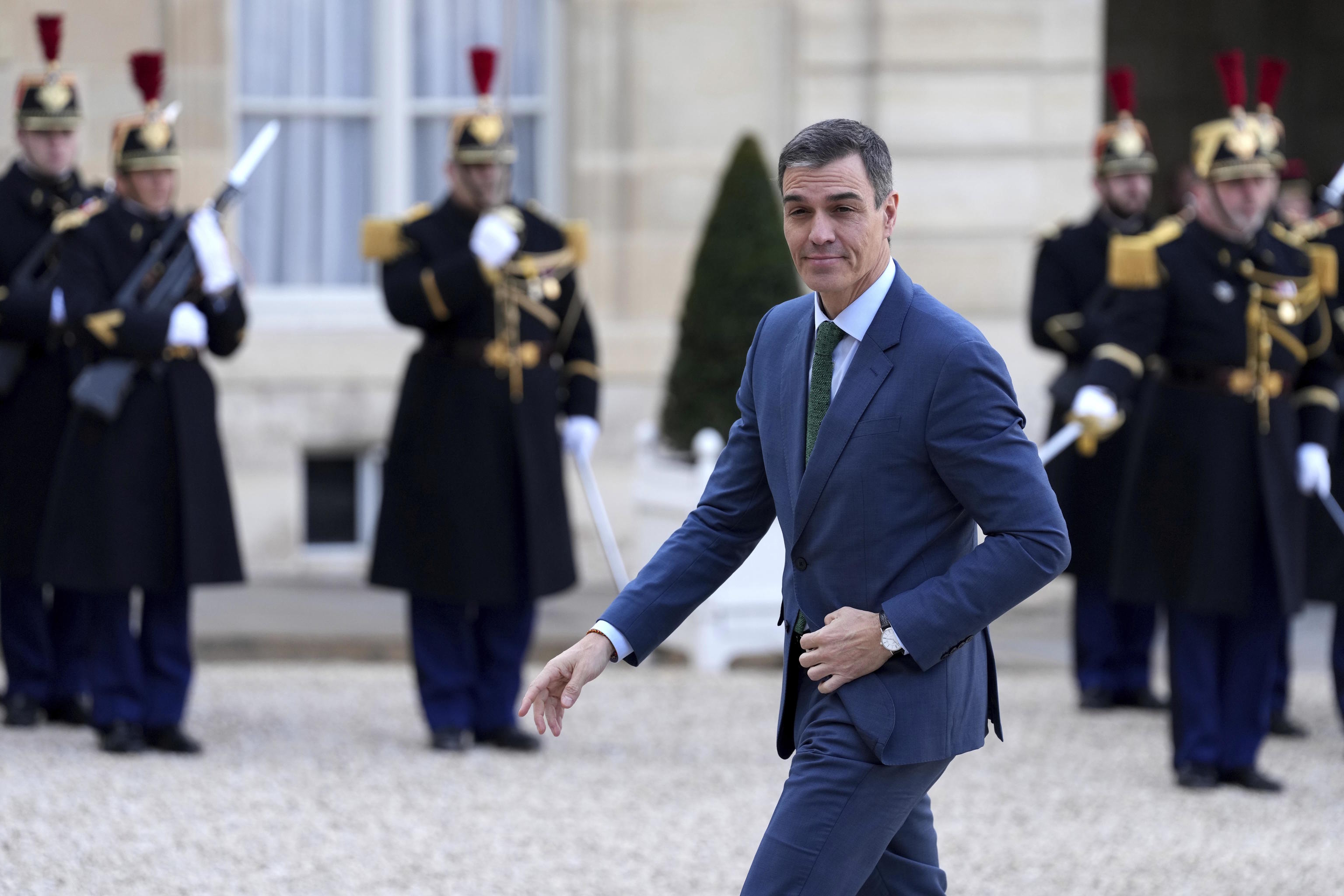Military spending is a thorn in the side of the coalition government. The PSOE finds itself trapped in a room where the walls are closing in: on one side, NATO and the EU demanding increased military spending; on the other, Pedro Sánchez's partners, opposed to increasing that investment. The arrival of Donald Trump at the White House intensified pressure on the Spanish government, which, despite messages about the "urgent need to spend more" on Defense, maintains its roadmap to reach 2% of GDP by 2029. The U.S. is already raising the bar for Alliance countries to spend 5%.
According to NATO's own data, Spain is the country that invests the least in Defense, standing at 1.28% of GDP. Scaling up to 2% requires a significant economic effort, especially in a context of uncertainty about whether La Moncloa will be able to approve a Budget for 2025 - the current one has been extended since 2023.
But under the radar, the Government has practically approved military spending allocations almost every week. Just yesterday, Defense announced that in the coming days a decree will be approved to increase the remuneration of Armed Forces members, which will result in an increase in defense investment of 400 million euros. Since Trump won the U.S. elections, the Council of Ministers has approved agreements totaling 1,472.9 million euros in military spending allocations, which, added to the 400 million already committed for military salaries, amounts to a total of 1,872.9 million, almost 2,000 million. This amount does not include the 131.4 million that Defense has spent to address the situation caused by the dana.
Among the military spending allocations approved in the last three and a half months, since November, there are significant amounts such as 623.2 million for the acquisition of ammunition to increase military capabilities for the Army; 125.6 million for the purchase of 12.70 x 99 millimeter ammunition or 108.6 million for the acquisition of ambulances for military units. Additionally, 82.4 million will be invested in a modular bridge of self-propelled amphibious pontoons for the Army, and 65 million to acquire active defense systems Standard model 2 for the F-100 frigates and future F-110.
Defense sources explained that the 400 million investment in the remuneration of Armed Forces members is related to "compliance with Spain's international commitments in the field of security and defense and for adequate and fair remuneration for the committed and effective work of our Armed Forces in favor of peace, the service provided to citizens, or intervention in emergencies of various kinds." In other words, these millions are in line with conveying the message to partners that Spain is on the path to increasing investment in Defense.
These agreements in the Council of Ministers allow for a continuous increase in military spending without the need to go through Congress, where their partners are not in favor. But beyond being obliged to reach 2% of GDP by 2029, those in La Moncloa advocate for "articulating joint EU mechanisms to finance and increase our security and defense capacity." Specifically, the focus is on the "creation of a joint debt mechanism to finance these programs."
Government sources acknowledge that the "new geopolitical context demands a larger budget that includes new elements," but they emphasize that while "security and defense are important, we consider them European public goods that therefore require European funding," such as "climate change, energy interconnections, technological development, or scientific programs."
The Government argues that Spain is one of the countries that has increased its Defense spending the most - by around 62% since 2018 - and that it participates "in all NATO missions."
